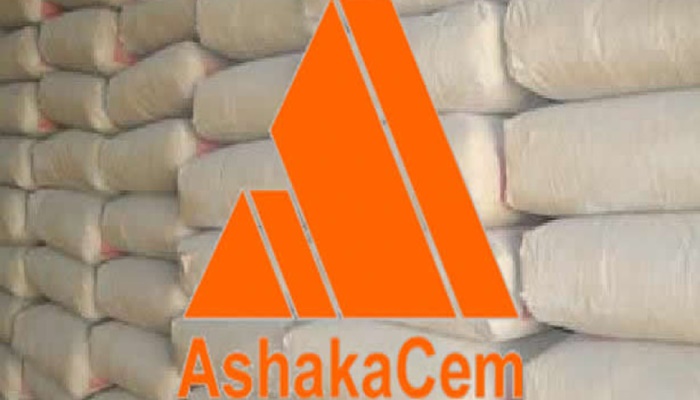
The Board of Directors of AshakaCem Plc passed a resolution to propose to the shareholders of the company, a voluntary delisting of the company on the Nigerian Stock Exchange (NSE).
The resolution will be presented for consideration by shareholders of AshakaCem at an Extraordinary General Meeting (EGM) scheduled to hold on Monday 19th December, 2016.
At the conclusion of the Mandatory Tender Offer (MTO) in 2015, AshakaCem’s free float fell to 17.54per cent. This further reduced to 15.03per cent at the conclusion of the Voluntary Tender Offer (VTO) in September, 2016.
Hence, AshakaCem has been unable to meet the NSE Rule requirement for every publicly listed entity to have a “Free Float” (i.e tradable shares) of not less than 20 per cent on the Exchange.
Through the voluntary delisting of AshakaCem, the directors of the company will be shielding the Company from any enforcement action that the Exchange may effect, for example by way of a Regulatory Delisting in light of the outstanding free float deficiency.
Furthermore, through the voluntary delisting process, the company will be providing an opportunity to minority shareholders – who do not wish to be members of an unlisted company – to exit the Company and therefore be shielded from being members of an unlisted company
Upon conclusion of the EGM, shareholders of AshakaCem may exit the company prior to the delisting by either, trading their shares on The Floor of the Nigerian Stock Exchange through their nominated Stockbroker or accept exit terms as were offered for the MTO and the VTO i.e 202 shares of AshakaCem for 57 shares of Lafarge Africa plus a cash consideration of N2 per every AshakaCem share. In line with regulation shareholders will have 90 days period post the EGM to exercise these options.
Under the proposed delisting and settlement of consideration, minority shareholders in AshakaCem will be offered benefits, including revenue diversification by geography as a result of Lafarge Africa’s operations in Nigeria, South Africa and Ghana. This is in addition to revenue diversification by plant location due to wide spread operations across the North East, South East and South West regions of Nigeria.






